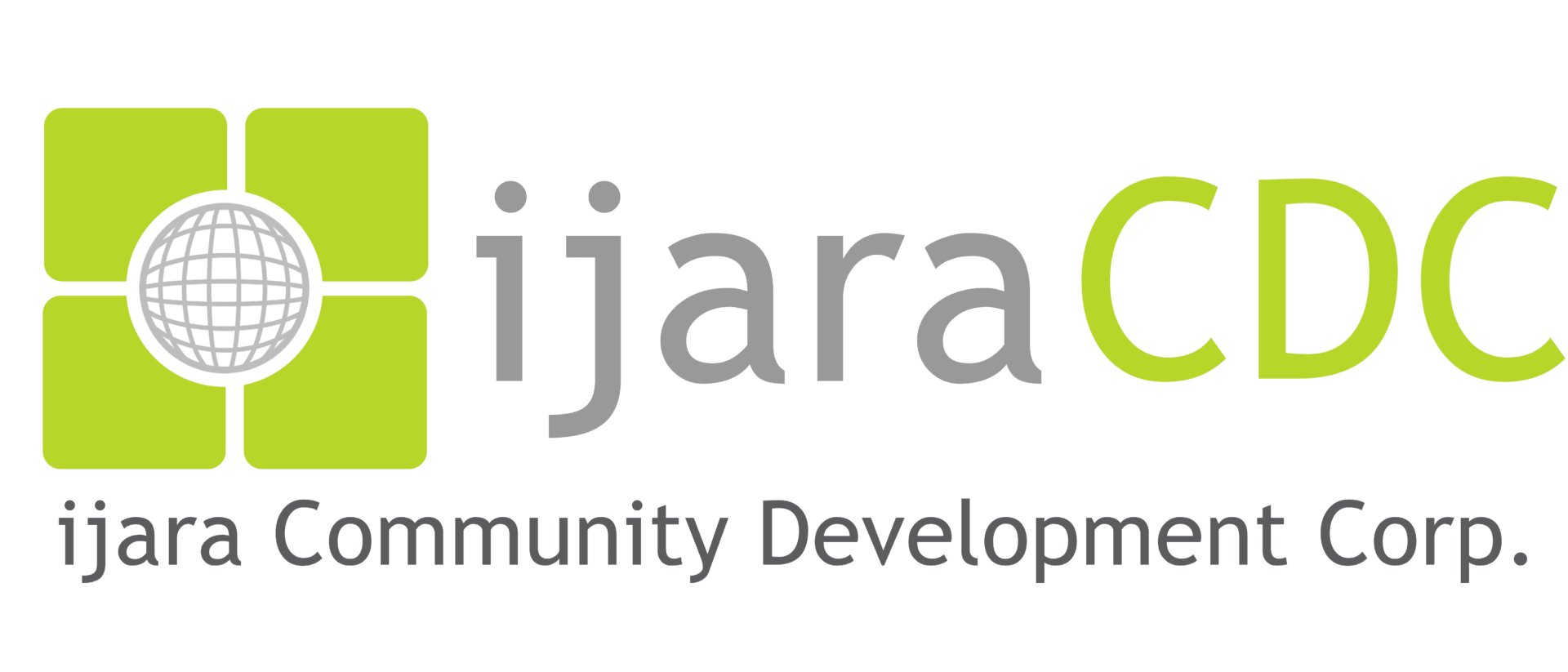Why You Can’t Use Cash as Down Payment

Like many in our community, where many of us are first-generation or second-generation immigrants, we typically use physical cash saved at home instead of in a savings account for a down payment. We are just old school that way.
You can purchase many things with cash, no problem. But when getting financing for a house purchase, this is a whole different story.
It might seem unfair, but it will not be considered qualified assets when applying for a mortgage. Cold hard-earned cash kept under your mattress can’t be used this way, whether for a traditional mortgage or an Islamic transaction.
What Is a Down Payment?

A down payment is what you pay upfront to purchase a home.
When getting financing, you are required to down some collateral for most programs into the transaction. That down payment counts as our equity or ownership over the house. Down payments give you an investment in the home and help show a lender that you will keep making payments on your loan instead of walking away.
What Counts as a Cash Down Payment?
Cash deposits into your account via ATM to the teller, a check, or money transfer, requires your lender to verify the source of funds.
Deposits like a paycheck, tax refund, social security, or retirement payment are easy to source since there is usually paperwork associated with the funds.
You’ll need additional documentation for non-typical deposits such as profits from the sale of belongings, birthday gifts, cash from family members, and “under the table pay.” This also includes winnings from a rotating saving ( a social gathering where people chip in money and circulate it through a lottery in a trusting circle of friends or relatives. This is a common practice in various Asian and African countries).
Untraceable Source of Funds

Institutions offering mortgages have to operate by certain procedures designed to protect the integrity of the transaction.
The challenge with cash is that there are no reliable means to trace where it comes from. And because of certain requirements within the mortgage industry, cash doesn’t fit neatly within the guidelines.
So, you might physically have all the funds available for a down payment in cash. But because it is not a documented asset, the lender will not count it as part of your assets.
The money you deposited could be from Illegal sources, something lenders are concerned about when they ask you to verify your income and cash deposits.
It might seem like they are investigating your entire life. But technically speaking, they are on the lookout not to accept cash payments sourced from illegal means. And unfortunately, physical cash does have the potential to be the result of illegal activity.
Verification Requirements

Different lenders will have different requirements for verifying whether these cash deposits for a down payment are legitimate and legal.
Common examples of verification include:
- Pay stubs or invoices
- Proof of sales
- Copies of marriage license
- Signed and dated letter verifying a loan you provided
- A gift letter signed and dated by the donor and receiver
- Letter of explanation from a licensed attorney
- Signed letter from the person who donated funds
Always discuss any undocumented deposits that you have with your lender so they can properly guide you on sourcing the right paperwork. In case of no proper documentation of those deposits, they will deduct the amount from your total qualified assets for the mortgage application.
Looking for help buying a house? IjaraCDC can get you closer to owning a Riba-free home through our Sharia-compliant lenders. Talk to us today to get started.

